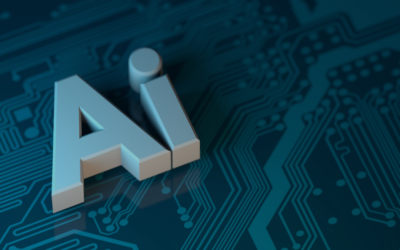The technology industry is notorious for using acronyms which to the uninitiated sound like pure gibberish. But if you’re not familiar with these terms when researching solutions for your business, the process can quickly become confusing and headache inducing. So today, I want to talk about two important ones that people often find most confusing. They are SaaS and cloud computing.
It’s true these terms are closely related. So much so that sometimes people, me included mistakenly use them interchangeably. But there are some important distinctions.
SaaS Vs Cloud Computing, What’s the Difference?
Cloud computing, or “the cloud” as people sometimes call it, refers to access to software or data storage via a network, usually the Internet. You buy a license which gives you the right to use the software. Sometimes you may install the software on your computer, or those owned and managed by another company i.e. a hosting provider. But to use the software you must first connect to the network (Internet).
Examples of Cloud computing
- Amazon Web services or AWS
- Microsoft Azure
- Google cloud
Now, let’s shift our focus to SaaS (Software as a Service). While the term may seem puzzling at first, it works just as it sounds. Instead of buying software on CD as you would have done 15 or 20 years ago, you buy it as an intangible service. You do not load it on your computer, you access it over a network, usually the Internet. Also, instead of paying for the whole thing up front, vendors often break the cost down into installments.
So, all SaaS is cloud computing, but the cloud is not always SaaS.
Examples of SaaS
- Google docs
- GoToMeeting, a well-known web conferencing platform
- Grammarly, a popular tool for proofreading documents
SaaS Vs Cloud, Why Should I Care?
Now we have a basic understanding of SaaS vs cloud and how they differ, let’s look at some benefits each provides.
Benefits of Cloud Computing
- No need to invest in expensive hardware
- Freedom from time-consuming and costly hardware maintenance
- Anytime anywhere access
- State-of-the-art data security included
- Pay only for the resources you need, as you go
Benefits of SaaS
- Lower upfront costs
- Anytime, anywhere access
- Enjoy new features without the upgrade headaches
- No software installation required
I hope reading this short article has helped you better understand SaaS vs cloud so you can decide which fits your needs. Want to dig deeper into the concept of cloud computing and its different flavors? Visit this webpage.




